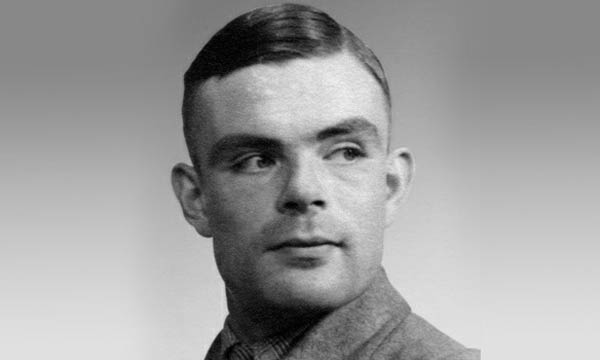A "supercomputer" called Eugene has become the first ever machine to pass the Turing Test as it convinced a third of judges that it is human, according to a press release by University of Reading.
Previous efforts in artificial intelligence have not been able to pass this iconic test set by the Second World War code-breaker Alan Turing in 1950. A computer can only pass the test if it is mistaken for a human by more than 30 per cent of the human interrogators during the series of 5-minute keyboard conversations. The test is considered a landmark in the development of artificial intelligence as Turing said that if a machine was indistinguishable from a human, then it was "thinking".

A total of five machines were tested at the Royal Society in central London in order to see if they could fool the judges in thinking they were humans. 'Eugene Goostman', the computer which has now become the first ever to pass the test, was a program pretending to be a 13-year-old Ukrainian boy. It managed to convince 33 per cent of the human judges that it was a human, according to the university.
"Our main idea was that he can claim that he knows anything, but his age also makes it perfectly reasonable that he doesn't know everything," said one of the creators of the program, Vladimir Veselov. "We spent a lot of time developing a character with a believable personality."
However, academics are warning that with this advance technology in AI, there is the concern that it could be used for cybercrime. Kevin Warwick, a professor from the University of Reading, said: "In the field of Artificial Intelligence there is no more iconic and controversial milestone than the Turing Test, when a computer convinces a sufficient number of interrogators into believing that it is not a machine but rather is a human." He added a cautionary note, "Having a computer that can trick a human into thinking that someone, or even something, is a person we trust is a wake-up call to cybercrime."
Judges tasked with separating the human and computer Turing Test participants included actor Robert Llewellyn, who played Kryten in TV comedy Red Dwarf, and Lord Sharkey, who lead the successful campaign for Alan Turing's posthumous pardon last year.













